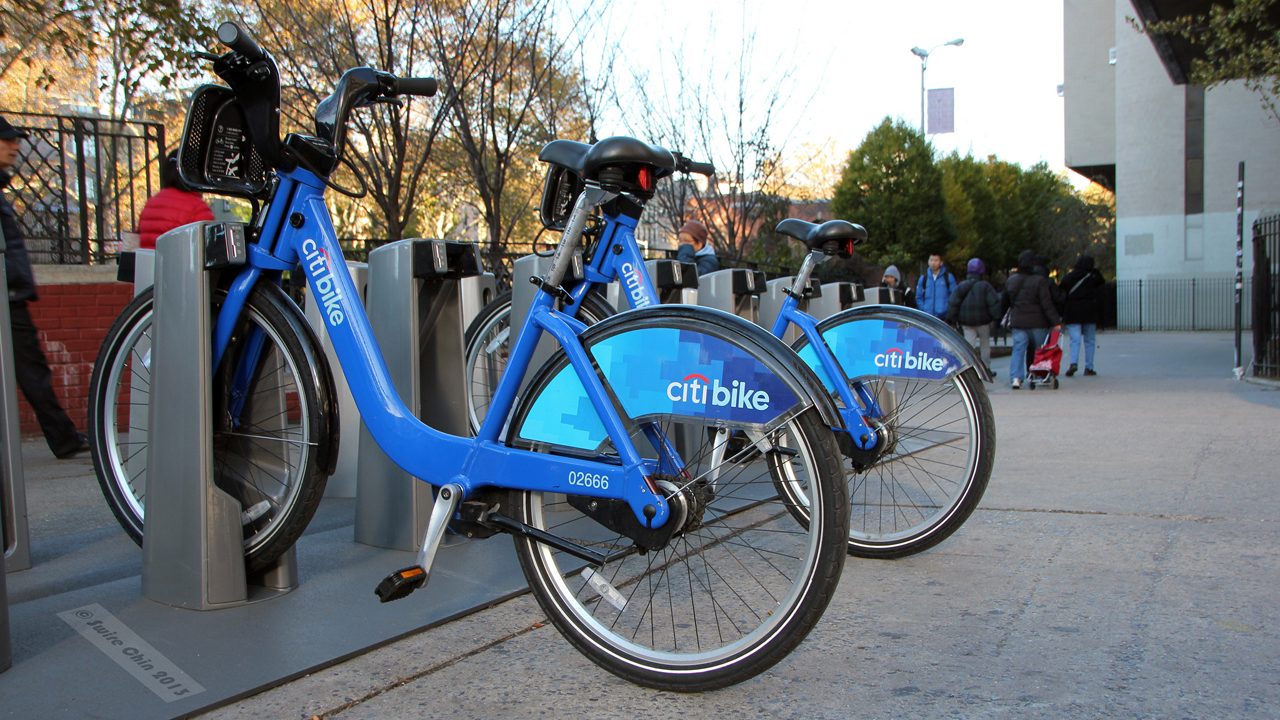Researchers at the McGill School of Urban Planning have found that homes close to a city bike-share station saw increased property values in Montreal. According to lead author and university professor Ahmed El-Geneidy, the finding has implications for other cities with bike share programs, like New York. “We expect studies on other cities will also find a positive impact on house sales,” he said.
The research makes sense — places near transportation hubs are more desirable, and the public value of Citi Bike will ultimately be reflected in the price of residences around its hubs. But El-Geneidy spins this increase of value as a positive thing, which for you — if like 69 percent of New Yorkers you rent — it is not.
It’s not clear by how much prices would increase here, but in Montreal, a home close to 12 stations increased by 2.7 percent in value between 2012 and 2009 — the year the bike share program started:
They found that a typical home in the central Montreal area they studied had about 12 Bixi stations nearby, which had increased its value by 2.7% – or $8650 on average.
The team arrived at these conclusions by looking at the Multiple Listings Service (MLS) database of all home sales in most of the island of Montreal from 1996 to 2012. They focussed on 2400 units that were sold more than once during this period, in order to study the increase in values. Once they had filtered out other factors they found that each bike-sharing station in the neighbourhood lead to a $700 increase in property values for the nearby houses.
(Photo: Aymann Ismail/ANIMALNewYork)


